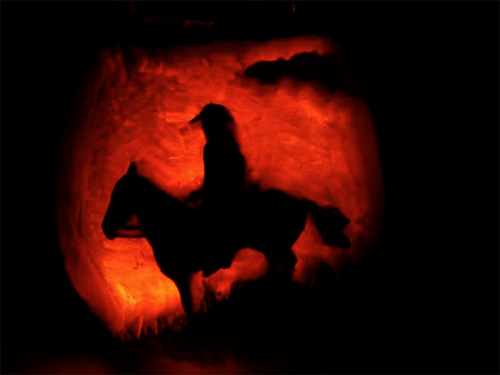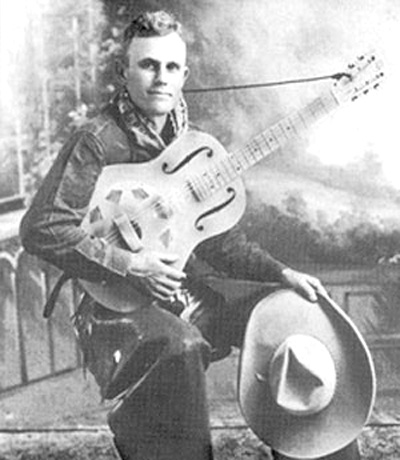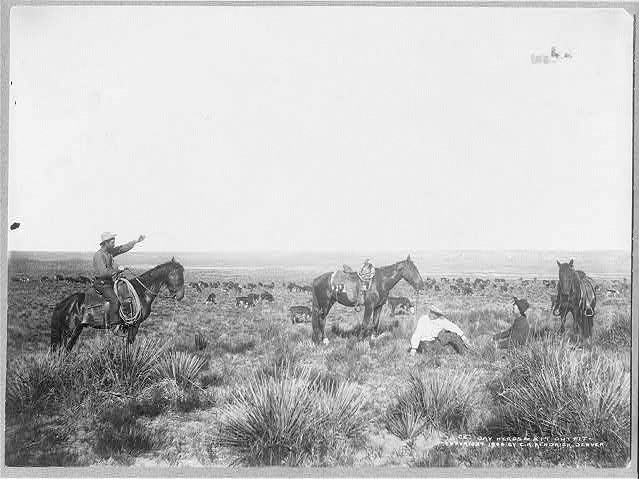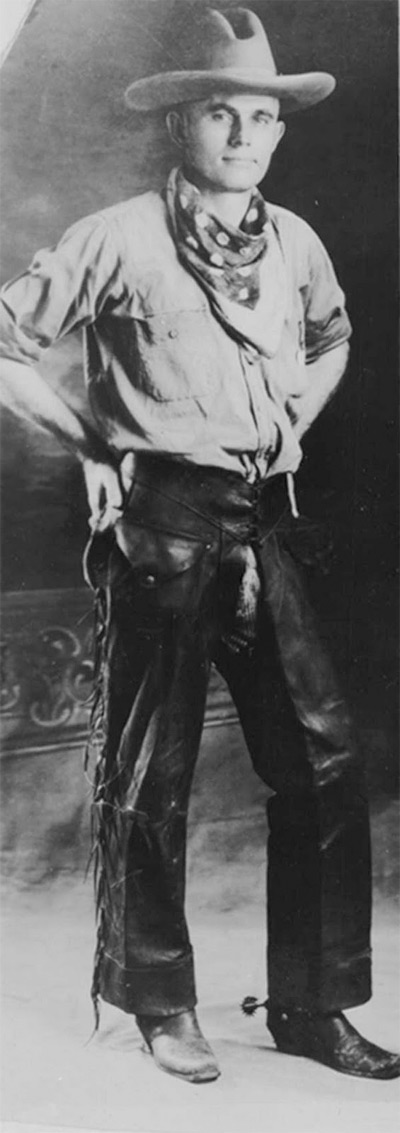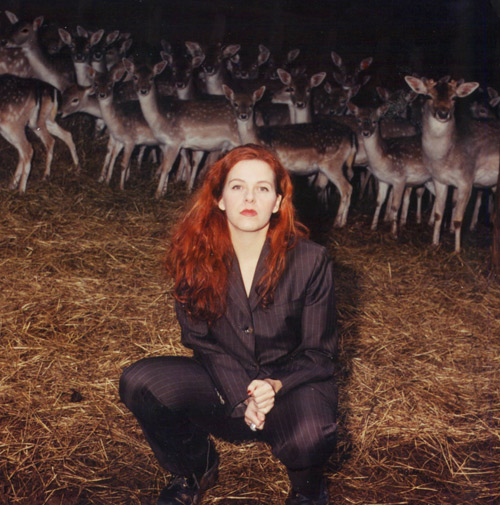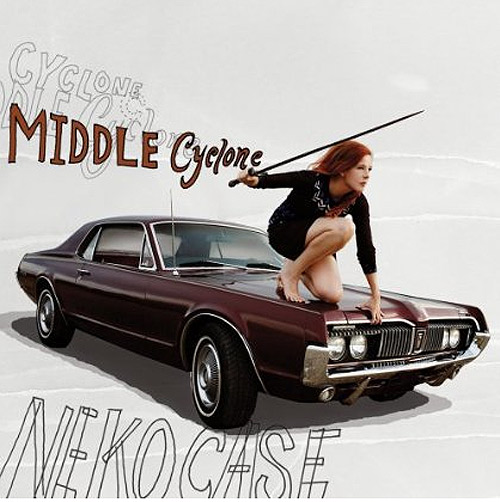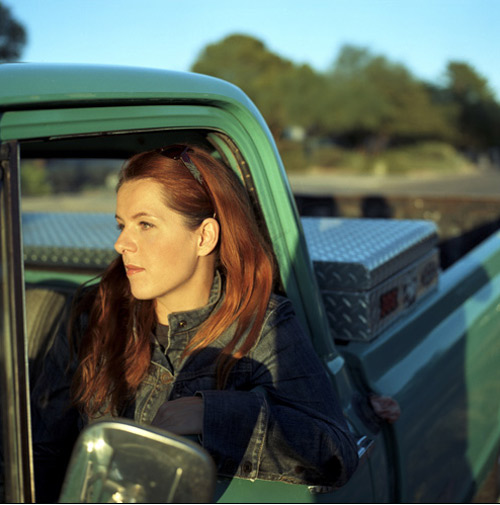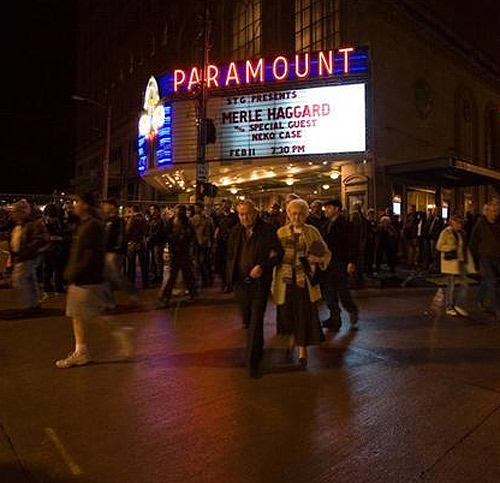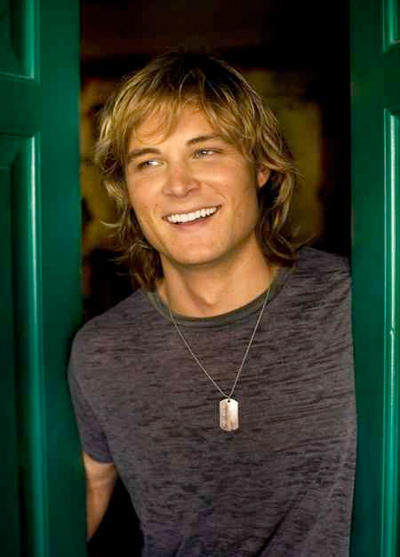Shane Yellowbird – Rising Star (Update)
 Saturday, May 12, 2012 at 9:02PM Tweet
Saturday, May 12, 2012 at 9:02PM Tweet by Jim Poulton
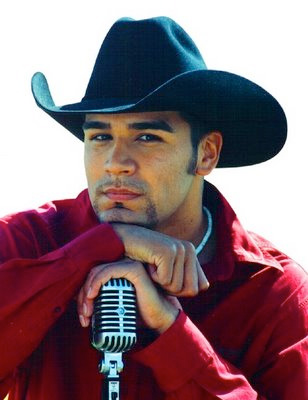
In November, 2011 the 12th Annual Native American Music Awards (Nammys) were announced at a gala show and concert in New York. Check out their website for all of the artists who were honored. In my book, though, one artist who really stood out was Shane Yellowbird.
Yellowbird grew up in Hobbema, Alberta and is Cree. He exploded onto the country music scene in 2006 with the release of his debut album Life is Calling My Name. The album garnered Yellowbird four top ten singles and a host of awards, including Rising Star of the Year at the Canadian Country Music Awards, Best Country Recording at the Nammys, and Aboriginal Entertainer of the Year at the Aboriginal People’s Choice Music Awards (APCMA).
Pickup Truck, one of the songs from Life is Calling My Name, reached the top 5 in Canada in the summer of 2007. Backed by excellent musicians, Yellowbird has a mellow, confident voice, an easy demeanor, and a great sense of humor. He’s fun to listen to – it’s easy to see why he made a splash.
Yellowbird released his second album, It’s About Time, in 2009, and again he nabbed a bunch of awards (including Best Country Recording at the Nammys and Single of the Year, Country Album of the Year, and Male Entertainer of the Year at APCMA). Two songs on the album, Bare Feet on the Blacktop and Watching You Walk Away, reached the top ten in the Canadian Country Music charts. On the strength of his second album, Yellowbird was the subject of a documentary by director Antonio Hyrnchuk. The 30-minute television special chronicled the days leading up to Yellowbird’s debut performance at the Grand Ole Opry in November of 2009:
Take a listen to Bare Feet on the Blacktop. A rousing song with great instrumentation (an impeccable mix of country and bluegrass flatpicking – listen especially to the guitars), Yellowbird displays his easy ability to paint compelling visual images with his lyrics.
Update:
In March of 2012, Yellowbird released a single video of his song Sedona, Arizona. Here's a teaser for the video (warning, it ends half way through):
And here's a new YouTube recording of one of his best songs, I Get That a Lot These Days:
Check out Yellowbird at his website.

